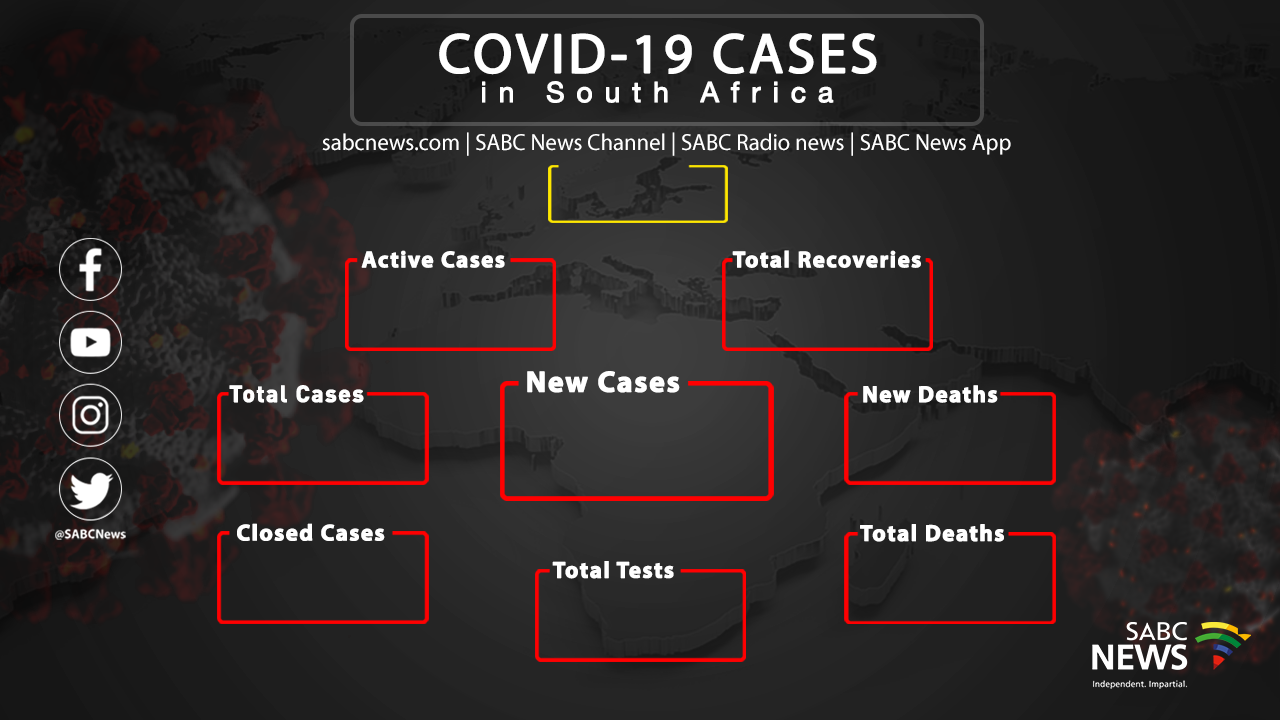RHS ESSENTIAL
How to improve your marks
Tip #1: Adopt a positive mental attitude
In the face of lower-than-expected grades, it’s only human to react by feeling disappointed with oneself. When you’re frequently receiving lower grades than you’d hoped for, you may start to feel depressed or defeated, and feel like giving up. The first step on the road to improving your grades is to turn this negativity on its head. You need to be positive about the situation if you’re to stand a chance of improving it. Acknowledge that your grades aren’t what you’re aiming for, but believe that you can do something about it. Start by mentally taking control of the situation: instead of thinking “I’m a failure”, think “I can and will do better than this.” Don’t give up – take positive steps towards achieving the improvement you’re more than capable of achieving.
https://www.oxford-royale.com/articles/improve-underperforming-grades/
TODAY'S BIRTHDAYS:
Oratile Mataboge (Grade 12)
Keano Methula (Grade 10)
Tshegofatso Nteke(Grade 12)
PRACTICE FOR ALL CULTURAL ACTIVITIES TODAY
DEBATING TRAINING IN ROOM 23 FROM 14:00 TO 16:00
ALL PUBLIC SPEAKERS MUST MEET WITH THEIR COACHES TODAY
SOCCER AGAINST KHS (HOME)
GIRLS SOCCER AGAINST TVET COLLEGE (HOME)
NETBALL AGAINST TVET COLLEGE (HOME)
1986: Nelson Mandela watches the films Nightshift’ and ‘Lenin’ in prison
1981: Jamaican reggae star Bob Marley died of cancer at age 36.
1960: Some 14 years after escaping from a prison camp, former Nazi official Adolf Eichmann was captured by Israeli intelligence agents near Buenos Aires; he was later taken to Israel, where he was tried, convicted, and executed.
KZN leads SA in COVID-19 active cases, with over 4 million people still unvaccinated

Health officials in KwaZulu-Natal are concerned about the high number of unvaccinated people in the province.
More than 4.4 million people have not received a single dose of the COVID-19 vaccine in the province.
The latest reporting cycle revealed that the province is leading the number of active cases nationally at over 27 000, followed by Gauteng with over 19 000 active cases.
 Presenting the 2022-2023 budget for the Health Department earlier this week, Minister Joe Phaahla allocated R2 billion for vaccines. But despite the government’s continued financial commitment to making vaccines available, the uptake in provinces like KwaZulu-Natal is weak.
Presenting the 2022-2023 budget for the Health Department earlier this week, Minister Joe Phaahla allocated R2 billion for vaccines. But despite the government’s continued financial commitment to making vaccines available, the uptake in provinces like KwaZulu-Natal is weak.According to the province, just over 2 million people have been fully vaccinated against COVID-19, but nearly double that number is still at risk and has not been vaccinated.
Deputy Vice-Chancellor of Research and Innovation at the University of KwaZulu-Natal (UKZN), Professor Mosa Moshabela says that the lifting of the National State of Disaster has led to complacency about COVID-19.
Moshabela says, “We are now seeing a different kind of a pandemic, I think we are lagging behind a lot of people are still saying that oh the deaths are not going up, oh but hospitalisation is not going up there is no pressure of the health system. Now we need to be looking at different metrics and even this delay of the government not declaring the fifth wave is a problem because South Africans depend on the government declaring the fifth wave to take things seriously. To receive guidance on what to do essentially, we have surpassed all the metrics that we have used in the past to assess whether we are in a new wave or not.”
“The biggest driver of low vaccination, in my opinion, is the fact that people are getting mixed information and they do not know who to trust in terms of information and if you look at it combined with the fact that people do not trust government and government is the main source of the information of the vaccination. If people do not trust the government and the government is talking about vaccines and they are not going to trust what they say, in KZN in particular it is a problem because politically we are divided and that divides our community as well,” Moshabela explains.
Head of Department at the KwaZulu-Natal Health Department Dr Sandile Shabalala says increasing Covid-19 infections are concerning.
Shabalala says, “We are seeing numbers increasing but I would not say the country is on the fifth wave because I have not compared with other provinces. Gauteng is beyond a million confirmed cases, we are going towards 700 000, we have not surpassed them in terms of confirmed cases. New cases we seem to be leading now at this stage even if we were not leading we would be leading because at the moment we are having variants that seem to be very mild and people are not dying but if we were to get a very virulent variant we would be worried because people would need to be admitted, people are going to die so with any new case we worried.”
Shabalala has also elaborated on groups of concern among the local population that remain unvaccinated.
“In terms of the numbers in almost all the districts in our province, black people are the ones that are not coming for vaccination. All the sites were full because mostly white people were vaccinating. It is followed by Indian people, then in coloured areas where there are more Coloureds, they will be coming. But black people are resisting more when we, at some stage, led by the MEC to uMzinyathi engaged some of the communities. You could see the numbers increasing but it was not because the resources were not there but the issue was they heard this fake news that they were hearing on social media and thinking this is a truth they were going by that,” says Shabalala.
The Health Department in the province says the decline in vaccination numbers has forced them to shut down some vaccine sites.
https://www.sabcnews.com/sabcnews/kzn-leads-in-covid-19-active-cases-nationally-has-over-4-million-unvaccinated-people/


